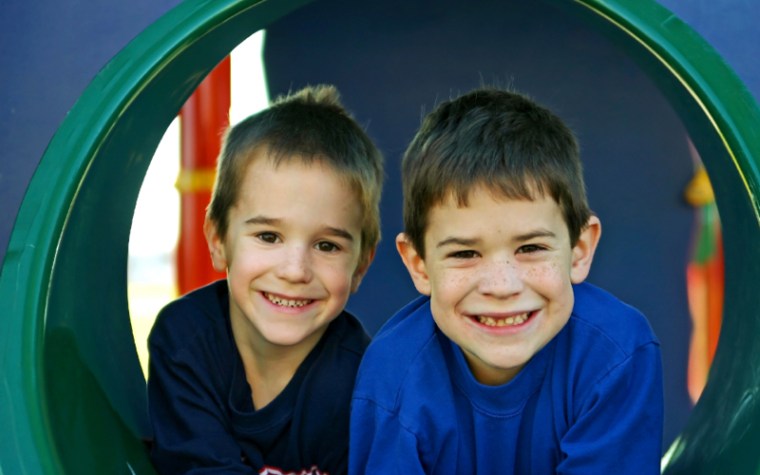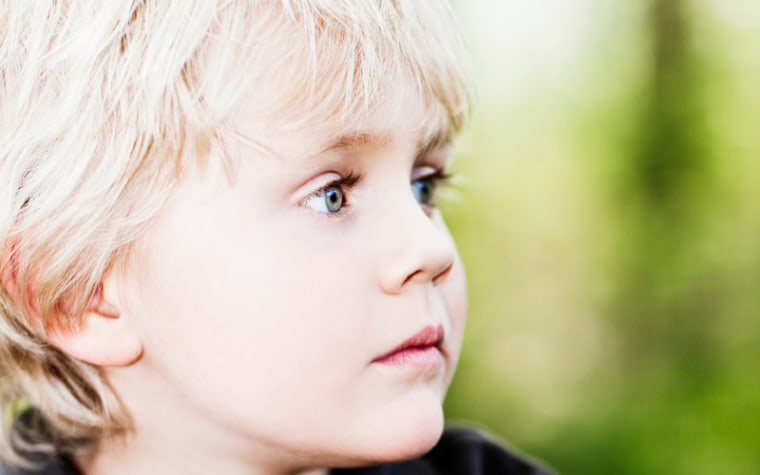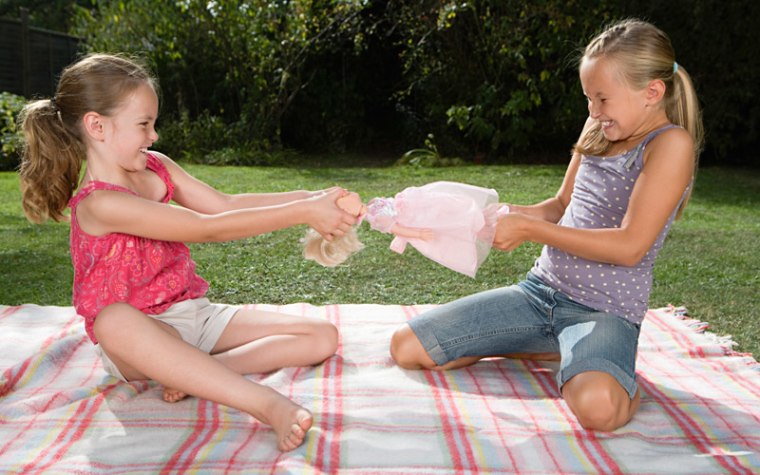During the pre-kindergarten years, children are learning very quickly. While children at this age may have short attention spans, they often learn best by being read to, playing pretend and observing others, especially you. By setting a strong example, you can show your child how to be socially and emotionally intelligent.

At ages three and four your child is more aware of their feelings than they were when they were younger, but your child usually has a hard time handling those emotions. If your child thinks something is funny your child may laugh and laugh and laugh, even at inappropriate times, which can be frustrating for parents. Or if they are angry your child may throw a tantrum or suddenly start crying.

You may notice your child trying to calm themselves down when upset – for example, by hugging a stuffed animal or taking comfort in a favorite pillow or blanket – which means they are starting to develop their self-management skills.

At this age, your child may not be able to control their feelings or understand how to handle them. For example, they may take toys away from siblings or friends, or even bite or hit, when they are angry. It is your job to teach them appropriate behavior.

You can also teach your child the goal-setting aspect of self-management, which will help they grow older. Goals at this age should be considered more like routines which will help your child understand what is expected of them. For example, brushing teeth before bed is a simple goal or routine at this age.

Keep in mind that every child develops at their own pace. Maurice Elias, director of the Social-Emotional Learning Lab at Rutgers University, recommends being watchful without overly worrying, as preschoolers are extremely different in their rate of development, and your child may even excel in one area and lag in another. The concepts highlighted in this section are based on the five sets of competencies developed by the Collaborative for Academic, Social, and Emotional Learning (CASEL). If you have concerns about your child’s development, please contact your healthcare provider, their teacher or school counselor.

Learn more about how to support your child with our pre-K self-management tips page.
Parent Toolkit resources were developed by NBC News Learn with the help of subject-matter experts, including Anne Morrison, Pre-Kindergarten Teacher, Lycée Français de New York; Maurice Elias, Director, Rutgers Social-Emotional and Character Development Lab; and Jennifer Miller, Author, Confident Parents, Confident Kids.
